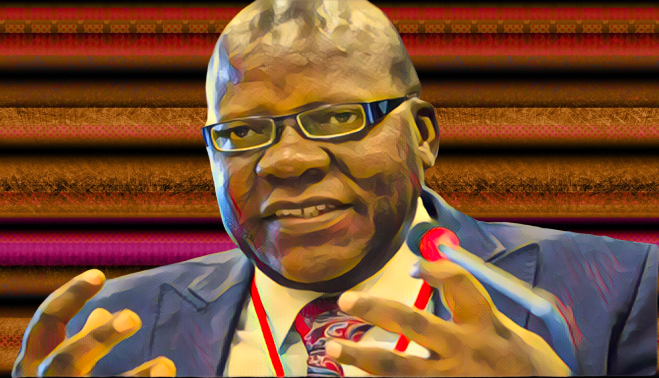Zimbabwe’s attempt to de-dollarize its economy and revive its local currency has been met with widespread criticism and skepticism. The government’s forceful policies to adopt the volatile Zimdollar have backfired, resulting in soaring inflation, exchange rate instability, and public discontent.
The Zimdollar was reintroduced in 2019, after a decade of using multiple foreign currencies, mainly the US dollar, to stabilize the economy and curb hyperinflation. The government hoped that the move would increase monetary sovereignty, improve liquidity, and stimulate growth.
However, the Zimdollar has been depreciating rapidly since its comeback, losing more than 90% of its value against the US dollar on the parallel market. The official exchange rate, which is determined by a weekly auction system, has also been sliding, reaching 87 ZWL per USD as of November 2023.
The currency crisis has fueled inflation, which reached 175.8% in June 2023, the highest in the world after Venezuela. Prices of basic goods and services have skyrocketed, eroding the purchasing power and living standards of ordinary Zimbabweans. Many businesses and consumers have resorted to using US dollars or other foreign currencies to preserve value and avoid losses.
According to a report by NewsDay Zimbabwe, the government has been accused of sabotaging its own de-dollarization plan by creating an environment of involuntary generalization over the local currency. According to former finance minister Tendai Biti, who spoke at a post-budget breakfast meeting last Friday, the government has been the ultimate destroyer of de-dollarization by continuing to charge some levies and fees in US dollars, despite the existence of a legal instrument that outlawed the use of foreign currencies for domestic transactions.
Biti also said that the government’s quest to de-dollarize is a losing battle, as there is no country in the world that has involuntarily dollarized, that is able to de-dollarize again. He cited the lack of confidence, the persistence of global shocks, and the increases in global financial lending rates as some of the factors that make de-dollarization impossible.
The government’s 2024 budget, which was presented by finance minister Mthuli Ncube on Thursday, has also been widely condemned for introducing new taxes and increases that will further burden the already struggling population. The most controversial measure is the hike in passport fees to $200, up from $120, making it the most expensive in the region. Many Zimbabweans have been applying for passports to seek better opportunities abroad, as the local economy continues to deteriorate.
The budget also projects a slowdown in economic growth, from 5.5% in 2023 to 3.5% in 2024, mainly due to an anticipated drought caused by El Nino. The agricultural sector, which accounts for about 15% of the GDP and employs about 70% of the workforce, is expected to be severely affected by the dry spell. The mining and manufacturing sectors, which are key drivers of exports and industrialization, are also expected to face challenges such as electricity shortages, inflation, and exchange rate pressures.
Despite the bleak outlook, the government remains optimistic that its economic reforms, which are supported by the International Monetary Fund (IMF) and other multilateral institutions, will yield positive results in the medium to long term. The government has also pledged to increase social spending, improve public service delivery, and enhance transparency and accountability in the management of public resources.
Some analysts and observers, however, have expressed doubts about the government’s commitment and capacity to implement its reform agenda, citing the lack of political will, the resistance from vested interests, and the weak institutional framework. They have also called for more inclusive and participatory approaches to economic policymaking, involving various stakeholders such as civil society, labor unions, and the private sector.


